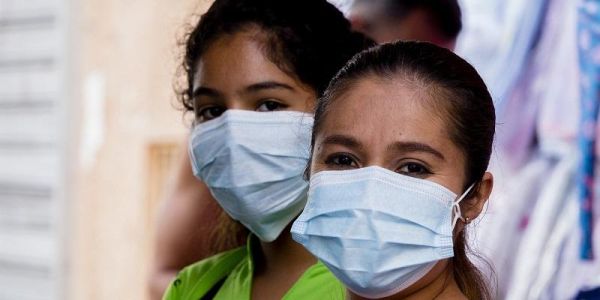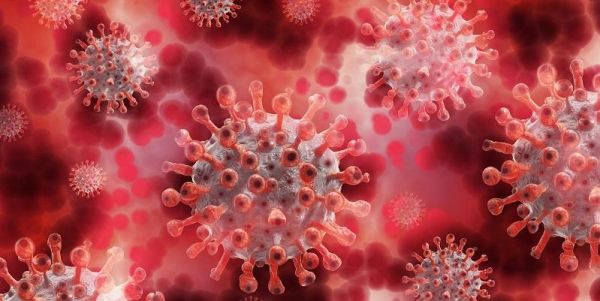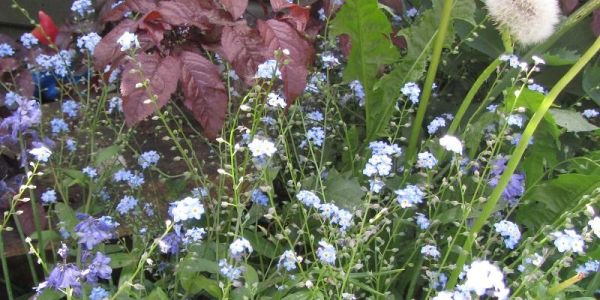
Study confirms "classic" symptoms of COVID-19
A persistent cough and fever have been confirmed as the most prevalent symptoms associated with COVID-19, according to a major review of the scientific literature.

A persistent cough and fever have been confirmed as the most prevalent symptoms associated with COVID-19, according to a major review of the scientific literature.

The poet, writer and visual artist Redell Olsen is the winner of the £15,000 DARE Art Prize 2020-21.

Figures just published reveal the number of children in the UK who were in paediatric intensive care units with COVID-19.

Two standard aspirin tablets taken every day for two years can reduce the risk of inherited bowel cancer for at least a decade, research has revealed.

Patients recovering from COVID-19 could suffer significant long-term effects, according to research into the experiences of people hospitalised by previous coronavirus outbreaks.

An artificial intelligence system analysing data from the Gaia space telescope has identified more than 2,000 large protostars - and they could hold clues to the origins of the stars in the Milky Way.

The dazzling floral displays of early spring are starting to draw to a close. But wily gardeners know that they can keep plants in flower for longer by removing fruit and seeds as soon as they form.

Relaxing the social distancing rules will be challenging because not enough is known about the way coronavirus spreads, a leading Leeds researcher has told MPs.

Tropical forests face uncertainty under climate change, but a new study suggests they can continue to store large amounts of carbon in a warmer world, if countries limit greenhouse gas emissions.

A free e-learning course was effective in alerting environmental workers to the risks of inadvertently spreading invasive alien species such as Japanese knotweed, researchers have found.